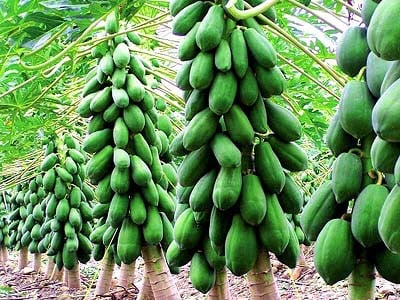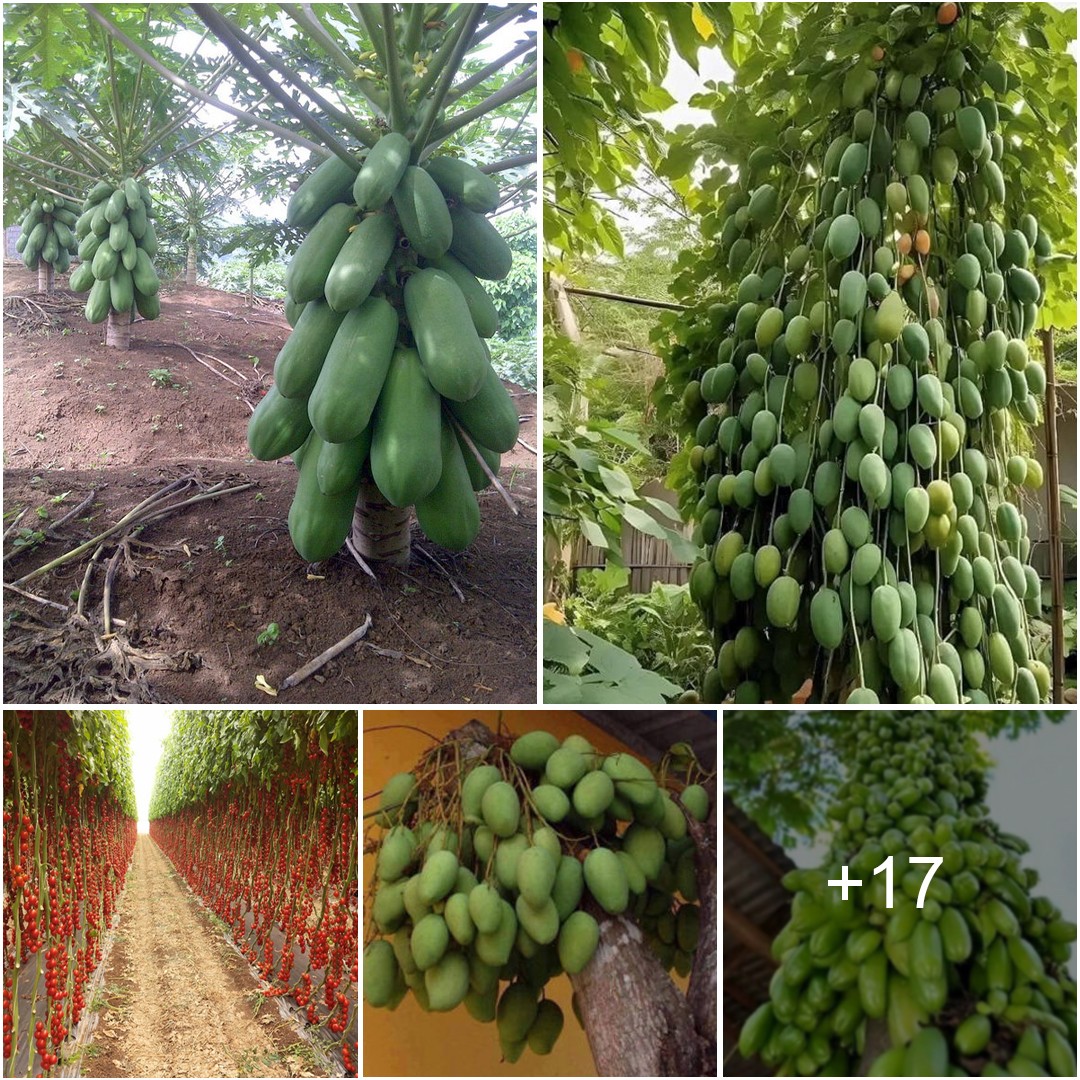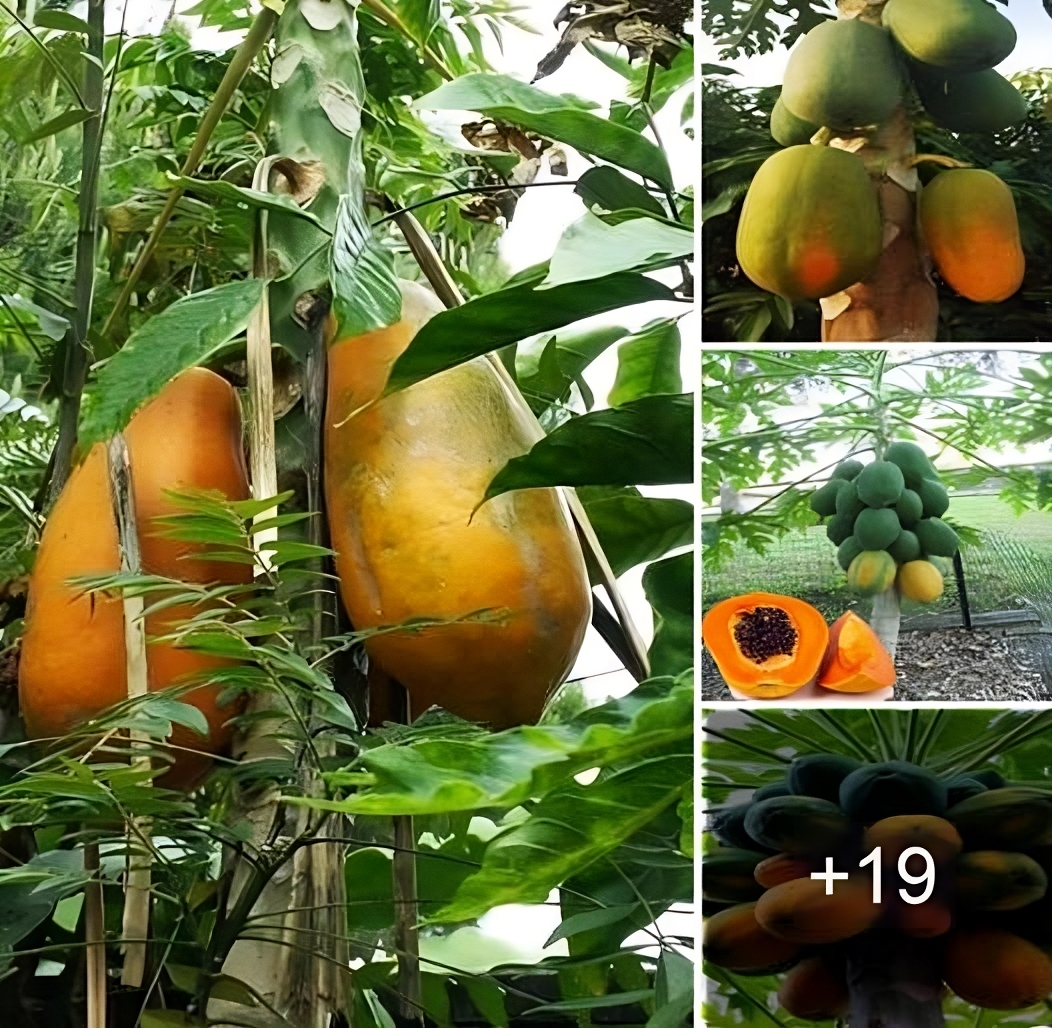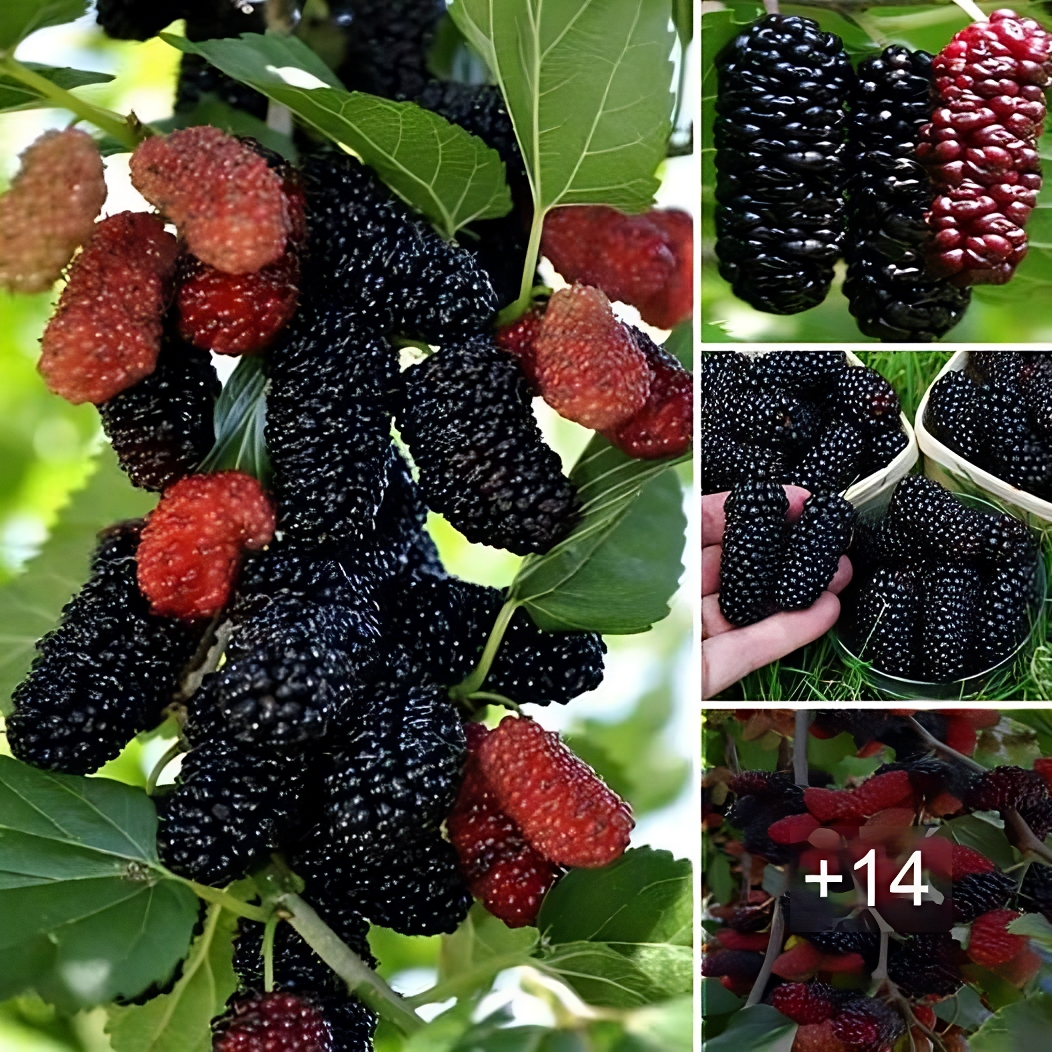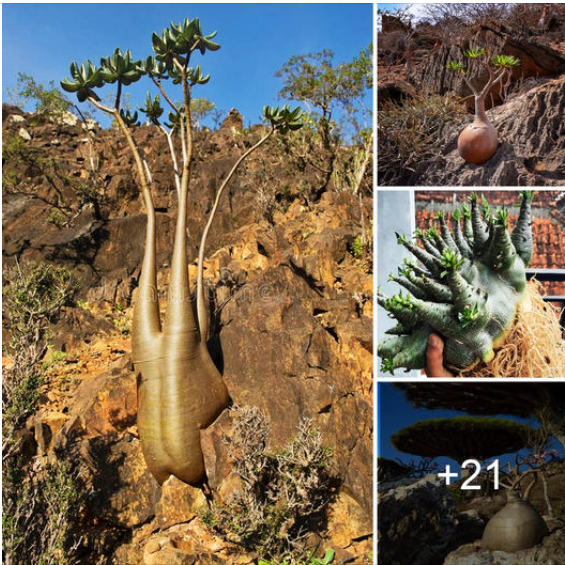In the realm of botany, where nature constantly surprises us with its diversity, one particular plant stands out as a true marvel: the mutant papaya tree. With its unique genetic mutations, this extraordinary tree displays fascinating characteristics that have captivated scientists and nature enthusiasts alike.

Beyond its practical benefits, the mutant papaya tree serves as a symbol of scientific advancement and innovation in agriculture. It represents the ongoing efforts of scientists to address the challenges posed by plant diseases and to secure the global food supply. By utilizing genetic engineering techniques, researchers have unlocked new possibilities for crop improvement, heralding a new era in agricultural practices.

However, the mutant papaya tree also raises important questions about the potential risks and ethical considerations associated with genetically modified organisms (GMOs). Critics argue that tampering with nature’s genetic blueprint may have unforeseen consequences, both for the environment and human health. The debate surrounding GMOs continues to be a topic of intense discussion and regulation.

